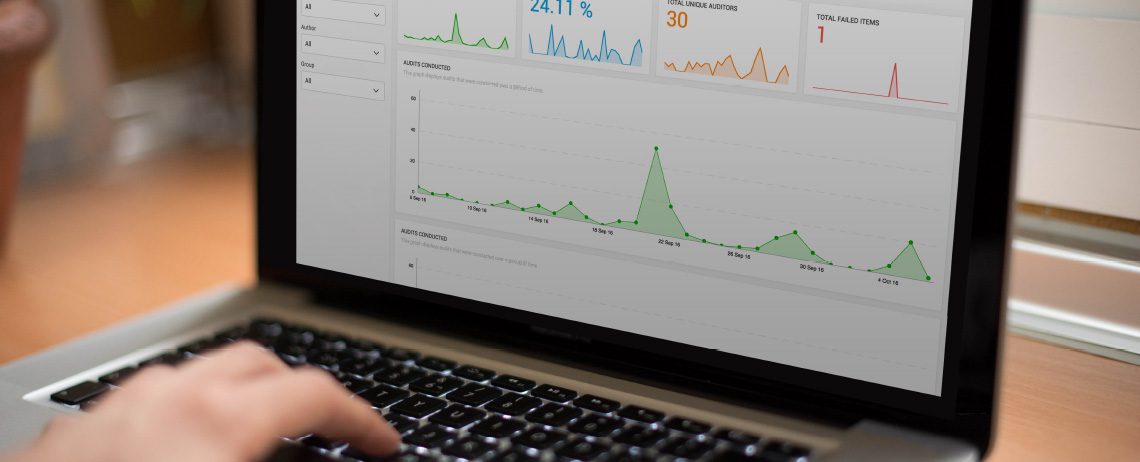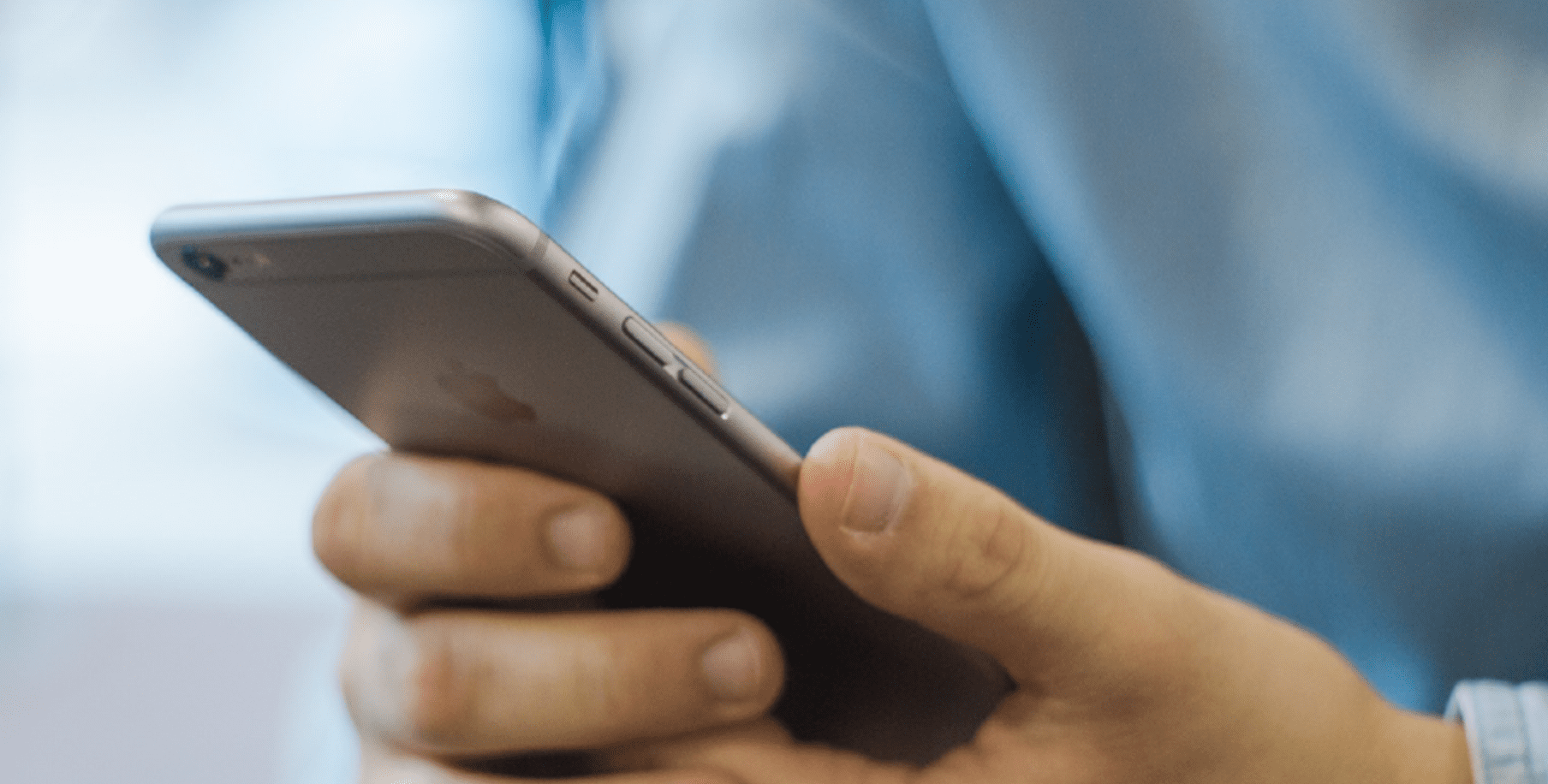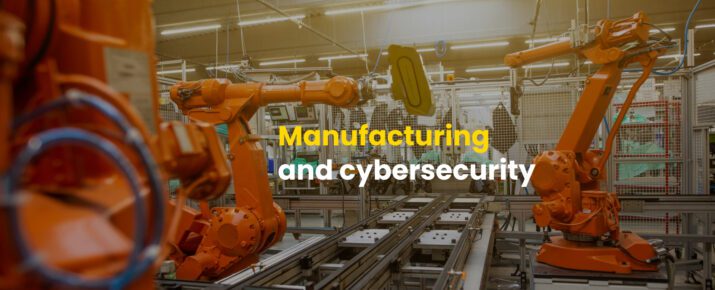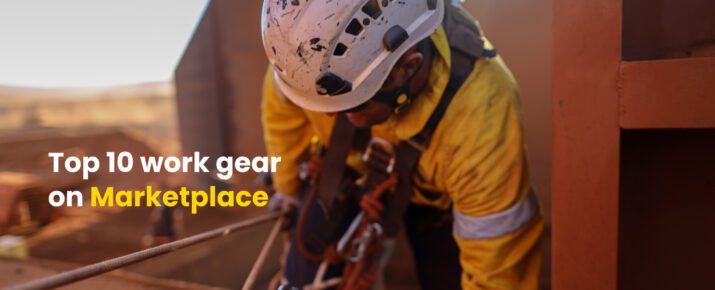Hospitality and Big Data: A Love Story
Industry Trends | By | 3 Nov 2016 | 3 minute read

Big data is touted as a huge advancement, predominantly in marketing. However, combining hospitality and big data creates a huge opportunity for all different kinds of use cases. Luxury brands are mostly focused on using big data to build a personalized experience for each guest. The vast amounts of data produced in the hospitality industry makes it an ideal testing ground for big data in marketing. Hotels can collect information on previous trips, amenities, even restaurant preferences and cater their marketing to guests. This provides that personalized experience before the guest even arrives. The business traveler who is simply searching for the hotel closest to her meetings will need entirely different advertising than the family who stays at the hotel just once per year.
While big data is certainly useful in marketing initiatives, leaders in the hospitality space are taking their dedication to big data and analytics a step further. The biggest challenges in using big data in hospitality are around data collection/processing and taking action upon data insights. The following three hotels are leading the hospitality industry in getting actionable insights from big data.
Marriott Focuses on Big Data for Yield Management
While yield management for hotel rooms is certainly nothing new to the hospitality industry, Marriott is stepping it up with big data. According to Forbes, Marriott’s team of data scientists are combining their own customer and transactional data with unstructured and semi-structured data like weather reports and event schedules for each of their locations. They use this information to predict demand and drive pricing decisions. This type of data-informed pricing is especially critical in the current hospitality market where customers have access to pricing information on your hotel and your top ten competitors ready available.
Denihan Hotels Builds Where The Data Says
Denihan, a popular hotel chain in the US, has put a similar focus on big data; both in marketing and in room yield management. In an even more data-driven move, they let the data inform where they intend to build their new hotels. Data scientists realized that a large percentage of their guests found Red Roof Inn, a hotel chain owned by Denihan, after a flight cancellation. The team then identified airports that were most likely to see extreme weather. They cross-referenced this with data on flight cancellations.
The marketing team knew that most guests search on mobile devices after a flight cancellation, so they put concerted marketing efforts behind mobile advertising in the geographic regions that were most likely to be affected by weather. With a recent study citing 97% of business travelers bringing a cell phone with them on trips, the commitment to mobile certainly fits. The mobile-focused campaign led to a 10% increase in business in those regions.

Denihan also use mobile devices to put data into employees’ hands on the frontlines. Dashboards outline what hotel staff can anticipate from certain guests; everything from questions they may have on restaurants or activities in the area, to housekeeping requests. They even factor in social media data in some cases. Because hotel staff are frequently on the move, these dashboards would be rendered useless on a desktop. However, they provide real-time personalized information in mobile form.
Starwood Hotels and Resorts Advertise Based on Big Data Insights
Starwood also uses weather data in conjunction with event data to optimally price rooms. However, they use it in the origin city as well. For example, many Minnesotans want a break from the cold winters. They are likely to search for tropical destinations in January and February. Starwood hotels can optimally price their Caribbean rooms to capitalize on that demand. They also know to target those cold locations during the winter months with advertisements depicting tropical getaways.
It’s not just huge brand name hotel chains who are using big data to their advantage. Consider the fact that two InterContinental hotels in San Francisco used data to optimize their energy consumption. They reduced costs by 15%. If you’re a smaller hotel looking for a guide on getting actionable insights from your data, check out the guide here.
Important Notice
The information contained in this article is general in nature and you should consider whether the information is appropriate to your specific needs. Legal and other matters referred to in this article are based on our interpretation of laws existing at the time and should not be relied on in place of professional advice. We are not responsible for the content of any site owned by a third party that may be linked to this article. SafetyCulture disclaims all liability (except for any liability which by law cannot be excluded) for any error, inaccuracy, or omission from the information contained in this article, any site linked to this article, and any loss or damage suffered by any person directly or indirectly through relying on this information.





